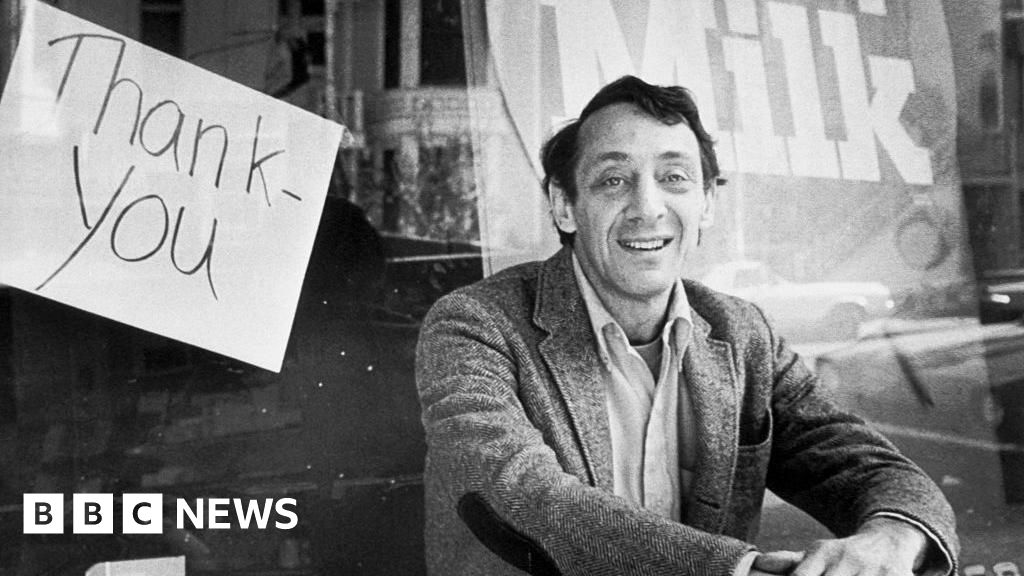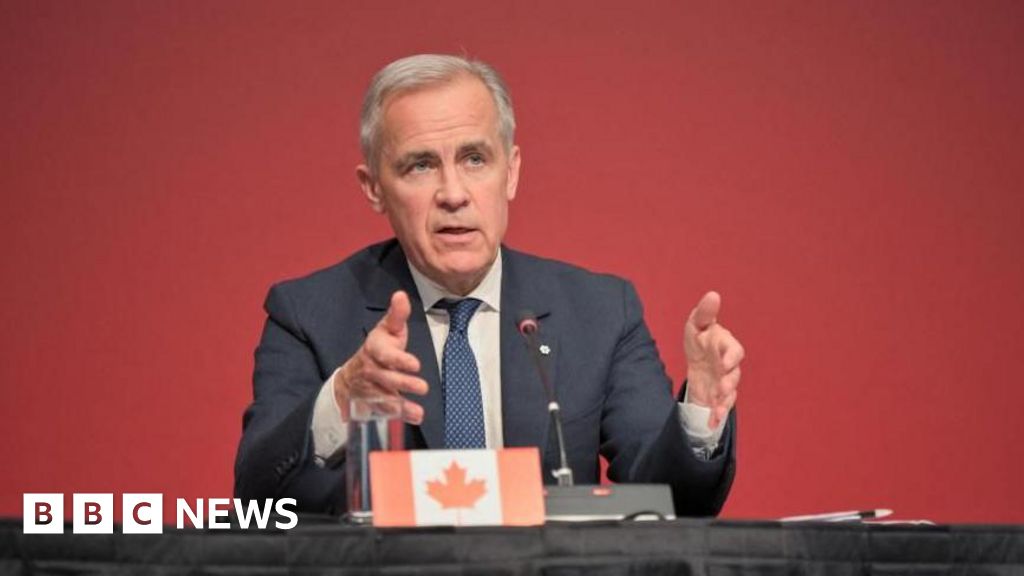ARTICLE AD BOX
Brandon Drenon
BBC News, Washington DC
The city of Tulsa, Oklahoma is preparing to award its black community a $105m (£73.8m) reparations package to address the harms caused by the Tulsa Race Massacre of 1921, one of the largest and most violent racial attacks in US history.
The plan, by Monroe Nichols, Tulsa's first black mayor, focuses on community redevelopment and does not involve direct payments to descendants or the two remaining survivors of the attack.
Nichols made the announcement on Sunday during Tulsa's first ever official Tulsa Race Massacre Observance Day.
The funds, raised by a private trust, includes $24m for a housing fund and $60m for a cultural preservation fund focused on "reducing blight".
"The Tulsa Race Massacre has been a stain on our city's history... hidden from history books," Nichols said.
That tragedy, he said, was compounded by economic harms that followed, namely the building of a highway "to choke off economic vitality", "perpetual underinvestment" and "intentional acts of redlining", where black people were denied home and property loans.
"Now it's time to take the next big steps to restore," Nichols said.
The plan is called Road to Repair and its funds will be managed by the Greenwood Trust. It seeks to have $105m in assets either secured or committed by 1 June, some of which would also go into a legacy fund for the trust to acquire and develop land.
Nichols said the proposal would not require city council approval. The council would, however, authorise the transfer of any city property to the trust, which he said was very likely.
The Greenwood Trust borrows its name from Tulsa's Greenwood District, a once-prosperous black neighbourhood with an economy so thriving that it was dubbed Black Wall Street.
That all changed in May 1921, when a white mob burned it to the ground, destroying more than 1,000 homes and structures in less than 24 hours. An estimated 300 black residents were killed and many more injured.
The event "robbed Tulsa of an economic future that would have rivalled anywhere else in the world", Nichols said in a phone interview.
For decades the story of the massacre was largely erased from history, but it was thrust into the spotlight in 2020 when then-President Donald Trump announced he would hold an election rally in Tulsa on 19 June, or Juneteenth, the day commemorating the end of slavery. He rescheduled the rally and his successor, Joe Biden, declared Juneteenth a national holiday.
The Tulsa reparations will be made as Trump, now back in the White House, is ending diversity, equity and inclusion (DEI) practices in the US government and many major companies are abandoning or reducing their diversity initiatives.
Tulsa's package is also the first large-scale plan that commits funds to addressing the impact of a specific racially motivated attack.
Evanston, Illinois, just outside of Chicago, became the first city to make reparations available to its black residents in 2021, by offering qualified households money for expenses such as home repairs and down payments.
Americans have long been divided over directly addressing past acts of racism, such as slavery, through paying reparations.
In May, Maryland Governor Wes Moore - the state's first black governor - said he would veto a measure to create a commission for studying reparations in his state.
Meanwhile, California last year apologised for past discrimination against black Americans and approved some reparations initiatives, but did not offer direct financial payments.
The last two known survivors of the Tulsa Race Massacre, Lessie Benningfield Randle and Viola Ford Fletcher, lost a long court battle seeking reparations last summer.

 1 day ago
14
1 day ago
14








 English (US) ·
English (US) ·